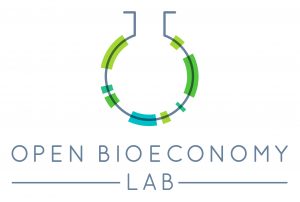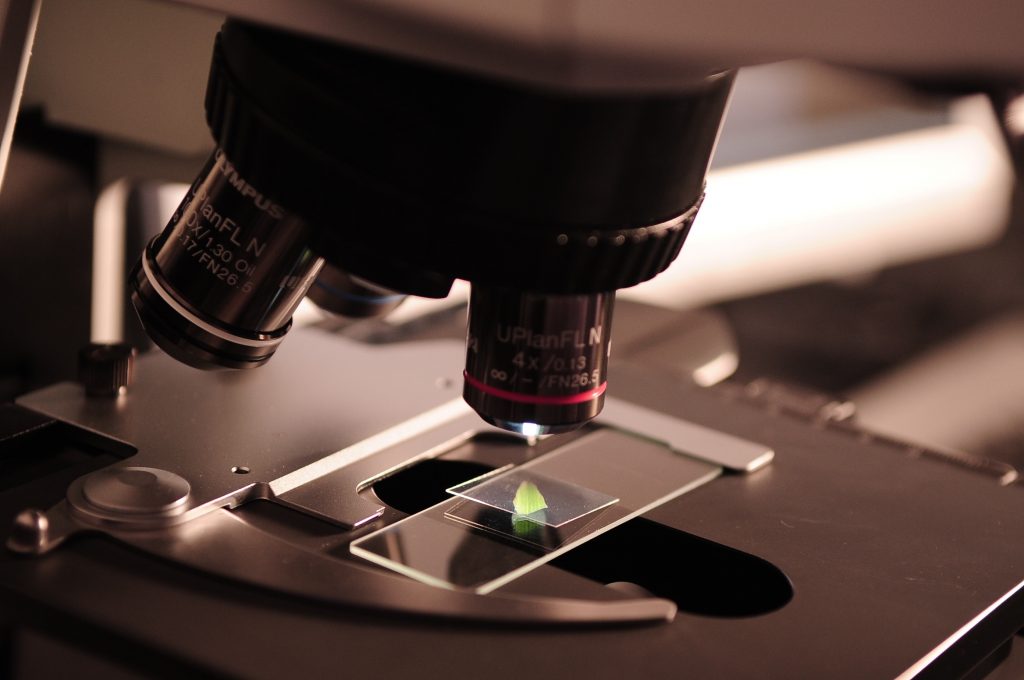An ALBORADA Fund grant has been awarded to Dr Jenny Molloy of the Open Bioeconomy Lab and Dr Kassahun Tesfaye of Addis Ababa University to support a collaboration between the University of Cambridge and the Ethiopian Biotechnology Institute (EBTi). We are delighted to foster this collaboration which began when Jenny visited Ethiopia in April 2019 in order to interview researchers for our research on access to molecular biology reagents.
We are especially excited to be working with the EBTi as a national institute with a mandate to lead and coordinate biotech R&D including delivery of the National Biotechnology R&D plan, a progressive vision to deliver of economic and welfare benefits through increased local production and supply of useful biotechnologies in line with national priorities across various sectors.
Combining training with improving infrastructure and impactful applications
The project will proceed in two parts. Firstly we will run a two-week course in Ethiopia to train active biotechnology researchers how to locally manufacture enzymes, followed by identifying an enzyme of economic importance to Ethiopia and embarking on a joint research project to develop protocols for its local expression and purification.
Our approach builds on numerous African Union and NEPAD reports recognising biotechnologies as major drivers for Africa’s sustainable development, competitiveness and economic transformation; for example, NEPAD’s report “Freedom to Innovate: Biotechnology in Africa’s Development”. We emphasise (i) building local expertise; (ii) establishing facilities and distribution centre(s) of open-source tools; (iii) developing training suitable for resource-poor contexts. This is inspired by the OpenPlant GCRF workshop in 2017 co-organised by Jenny and UNICEF’s Principles for Innovation and Technology in Development among other guidance.
At the end of the grant we will run a one-day workshop in January 2021 focused on sustainable biomanufacturing for development in East Africa. Topics will include strategies for (i) scaling up capacity to supply research enzymes; (ii) fostering technology transfer, particularly in diagnostics & industrial biotechnology; (iii) developing teaching curricula themed around enzyme biomanufacturing; (iv) contribute towards an ongoing effort on Eastern African Bioeconomy strategy development.
Increasing access to enzymes, accelerating research and innovation
We believe that the direct benefits of our collaboration will be i) easier and more affordable access to enzymes, increasing research capacity in academia and industry. Accessing enzymes majorly hinders the pace and nature of research in Ethiopia. We will train researchers from various research institutions, universities and private sectors to produce their own enzymes and scope potential for centralised or private sector production. ii) greater potential for local businesses or social enterprises to grow the bioeconomy in their respective countries. This translation of academic research to commercial application is necessary to tackle important challenges e.g. in diagnostics, therapeutics and industrial enzymes for sectors including food production. Growth of local industry could lead to locally-adapted solutions plus job opportunities.
Watch this space for news from the workshops to be held in March 2020.


